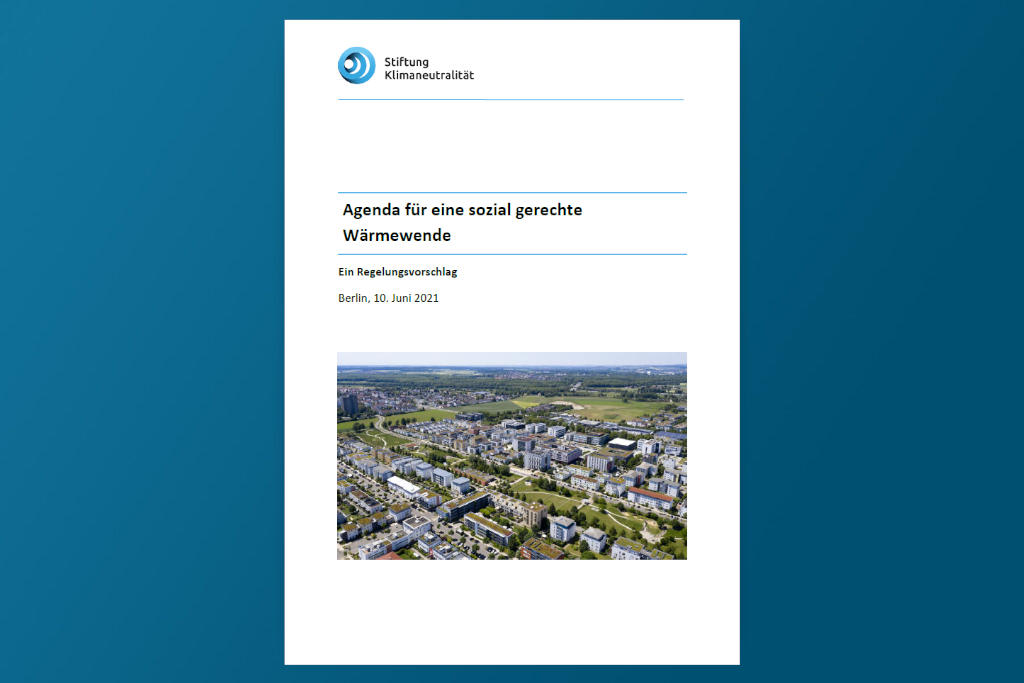In the building sector in particular, effective climate protection can only be achieved with a broad mix of instruments due to long investment cycles, low price elasticities and the incentive structures of landlords and tenants.
A significantly higher carbon price is a key instrument. Smartly designed, it provides incentives for building owners to reduce CO2 costs through energy-efficient renovation or by switching to CO2-free or lower-CO2 heating systems. In addition, the revenue can be used to abolish the EEG surcharge and thus reduce electricity prices, incentivizing rapid electrification of the heat supply via heat pumps. However, to ensure that the CO2 price required to achieve the target can be limited to a socially acceptable level, it must be accompanied by regulatory measures, subsidy programs and other instruments.
Regulatory law that is consistently oriented toward the goal of a climate-neutral building stock by 2045 helps to avoid stranded assets and thus ultimately unnecessarily high costs for owners. The latter need to be supported more strongly than before in the implementation of target-compliant measures through state subsidies. Subsidies should further be also possible for measures prescribed by regulatory law. Thereby, a socially responsible heat transition can be achieved – neither tenants nor landlords would be overburdened.
The heat transition further requires coordinated strategic planning, the focus of which must be on the municipalities. Grid-based heat supply must be significantly expanded and switched to climate-neutral heat sources. Only in this way the expansion of infrastructure for the electrification of heat supply can be strategically managed, and the inevitable phase-out of gas grid infrastructure also be planned in such a way that bad investments are avoided.
Climate Neutrality Foundation proposes an action plan for the coming legislative period based on a comprehensive study by Öko-Institut and Hamburg Institute (in German only).
